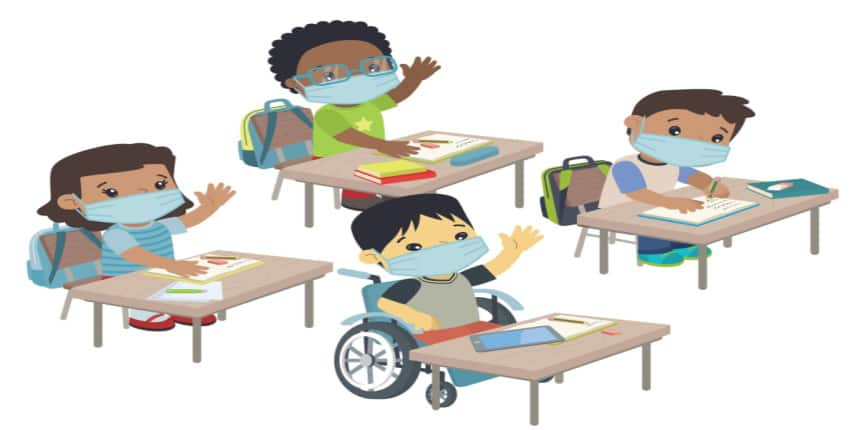ODPC Full Form
What is the Full Form of ODFC?
Office of Disability Prevention for Children (ODPC) promotes respect, understanding, and the importance of preventative and early intervention activities in the lives of Texas children and families. ODPC seeks to prevent impairments in children from conception to the age of 12 via education and community engagement. The purpose of the ODPC is to prevent impairment before it occurs and to minimise any harmful repercussions through:
- What is the Full Form of ODFC?
- Areas of Focus
- Other areas include:

Public education and awareness
Encouragement of excellent public policy.
Collaboration with government agencies, community groups, and other stakeholders.
Creating long-term strategies to track and minimise the prevalence and severity of developmental disorders.
State attempts to prevent developmental disorders are being evaluated.
Areas of Focus
The primary goal of ODPC is to prevent disabilities caused by:
1. Maternal Health Issues During Pregnancy
A mother's health throughout pregnancy significantly influences the neurological and physiological development of her child. Birth abnormalities and lifelong intellectual or developmental problems can be caused by a mother's diet, exposure to chemicals, or infections. Proper pre-conception and prenatal care can assist a woman in maintaining a healthy pregnancy, helping her baby's growth.
2. Childhood Injuries
Injury is the top cause of mortality in children in the United States, and millions of youngsters require emergency room care. According to the CDC, youth injury is one of the country's most under-recognized public health issues. The majority of childhood injuries are avoidable. The Office of Disability Preventive for Children collaborates with national, state, and local organisations to offer prevention and education programmes to parents and caregivers.
Other areas include:
1. Early Identification and Diagnosis of Disabilities
Children at risk of or have been diagnosed with a developmental impairment might benefit significantly from early intervention. Connecting children with services at a young age helps provide the groundwork for them to develop their cognitive, behavioural, and physical skills as they grow. Early intervention can also significantly minimise the cost of later-life treatments for a kid. Early intervention, however, is not possible without early detection. Families and medical professionals are vital in monitoring a child's growth to identify if they are slipping behind.
2. Promoting Mental Health Wellness
Co-occurring disorders or dual diagnoses arise when a kid has both a developmental handicap and a mental health issue. Unfortunately, mental health options for children with intellectual or developmental disabilities (IDD) are few and complicated, many practitioners lack the necessary training, and there is a lack of awareness of the problem. Children with IDD are frequently diagnosed with depression, anxiety, schizophrenia, or post-traumatic stress disorder. Access to appropriate mental health therapies, trauma-informed care, and rehabilitation opportunities can help alleviate symptoms.
Frequently Asked Questions (FAQs)
ODPC stands for once-a-day post-meal in a doctor's prescription.
Children with disabilities are more vulnerable to assault, abuse, neglect, and exploitation than their peers. They are also more likely to be institutionalised and face justice impediments.
Foetal alcohol syndrome is the most prevalent avoidable or environmental cause of intellectual impairment.
Early Childhood Intervention (ECI) is a nationwide programme for families with children aged newborn to three who have developmental delays, impairments, or medical illnesses that may interfere with development. Since 1981, the Texas ECI programme has supported and served approximately 950,000 children and families.
One can assist in distributing free ODPC education materials to medical offices, hospitals, treatment facilities, parents, carers, schools, and other community stakeholders by visiting their website and following the procedure.

